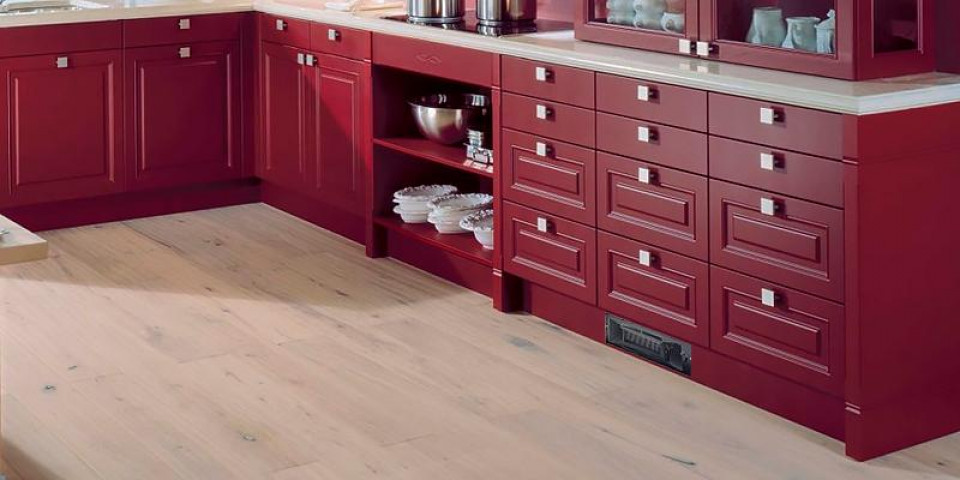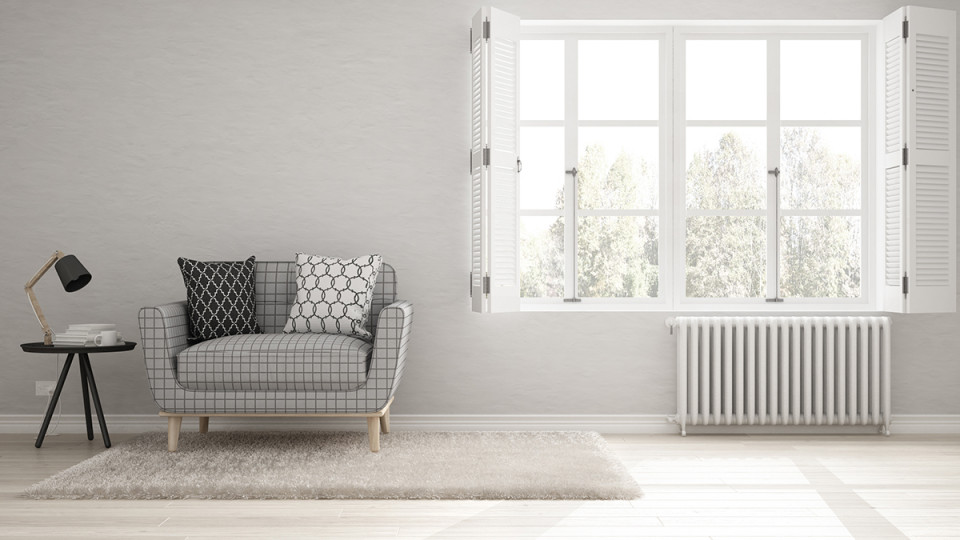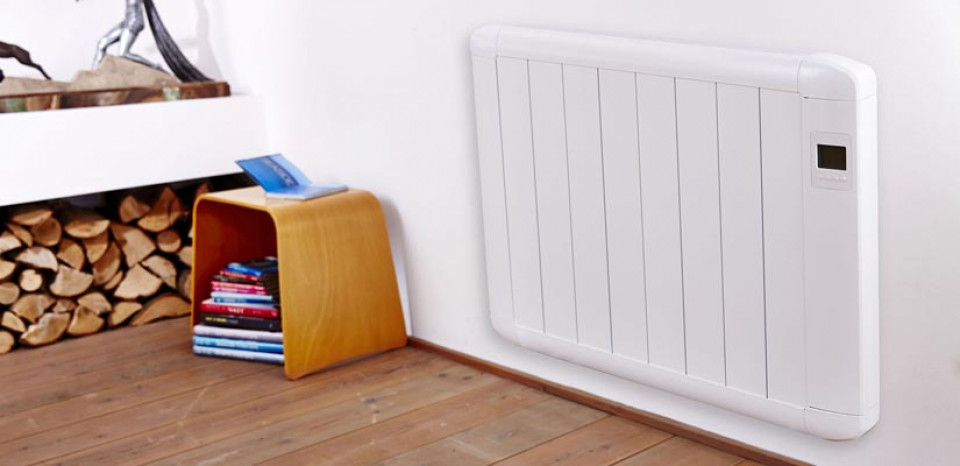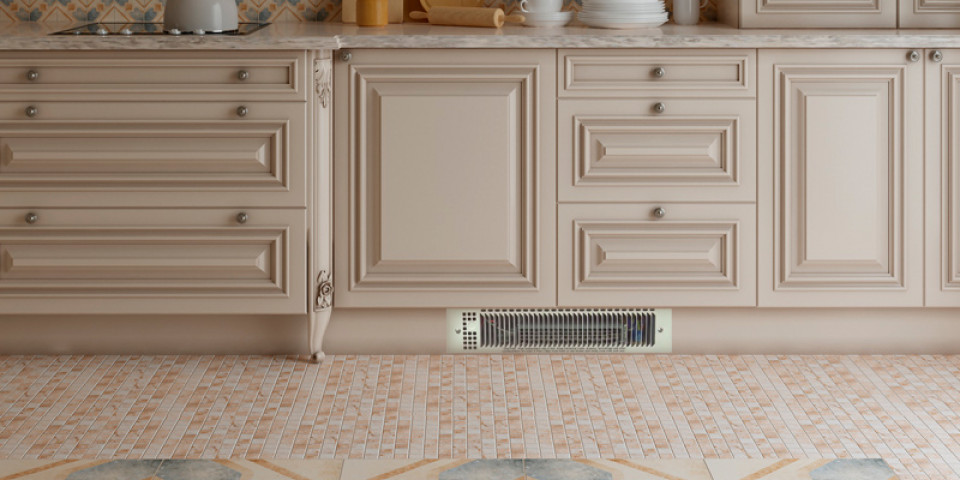How Long Does A Furnace Last

As winter approaches, it's important to make sure that your home is warm and comfortable. One of the key components of your home's heating system is the furnace, which works to heat the air and circulate it throughout your home. However, furnaces don't last forever, and eventually, you'll need to replace them.
The cost and inconvenience of replacing a furnace can be significant, so it's important to know how long they typically last. However, when the time eventually comes and you need to replace your furnace, all you have to do is search online to find a local contractor. For example, if you're from Ontario, Canada, in the Sault Ste Marie area, simply searching "Sault Ste Marie furnace installation" will show you all the results available near you.
In this article, we'll explore the factors that affect the average lifespan of different types of furnaces and some tips for extending it.
Factors Influencing a Furnace's Lifespan
Several factors can impact the life of a furnace, such as:
Age and Quality of the Furnace

source : bestadvisor.com
The age of your furnace is an important factor in determining how long it will last. Generally, furnaces will last longer if they're of high quality and well-maintained. If your furnace is older, it may be more prone to breakdowns and require more frequent repairs. On the other hand, if you have a newer, high-quality furnace, it may last longer and require fewer repairs.
Maintenance and Upkeep

source : usboiler.net
Proper maintenance and upkeep can go a long way in extending the lifespan of your furnace. This includes annual inspections and cleaning by a professional, as well as replacing filters regularly. Neglecting maintenance can lead to a shorter lifespan and more frequent breakdowns.
Environmental Factors

source : homeheatingguide.co.uk
The environment in which your furnace operates can also impact how long it lasts. For example, extreme temperatures and humidity can put additional strain on your furnace, leading to a shorter lifespan.
Frequency and Intensity of Use
The more frequently and intensely you use your furnace, the more wear and tear it will experience, which can shorten its lifespan. If you live in a colder climate and use your furnace frequently, it may not last as long as a furnace in a milder climate that is used less often.
How Long Do Different Types of Furnaces Last?
The average lifespan can vary based on the type of furnace you have. Here are some estimates of different types of furnaces:
- Gas furnaces. These are a popular choice for home heating because they're relatively efficient and inexpensive to operate. They have an average lifetime of 15-20 years.
- Oil furnaces. These are not as popular as gas furnaces due to their higher operating costs. Oil furnaces can last for 15-30 years.
- Electric furnaces. These are a more energy-efficient option, but they tend to be more expensive to operate. These furnaces last for 15-20 years.
- Heat pump furnaces. They're a more energy-efficient option, but they can be more expensive to install. Their average lifespan is 15-20 years.
Advice for Increasing the Life of Your Furnace
While the life of a furnace will depend on various factors, there are some things you can do to help extend it and keep it running smoothly. Some tips for extending it include:
Regular Maintenance
As mentioned earlier, regular maintenance is crucial for extending the lifespan of your furnace. This includes annual inspections and cleaning by a professional, as well as replacing filters regularly.
Proper Sizing

source : thisoldhouse.com
It is important to ensure that your furnace is appropriately sized for your house. If it is too small, it will have to work harder to heat your home, which can lead to wear and tear and a shorter lifespan. On the other hand, if it's too large, it will cycle on and off more frequently, which can also lead to a shorter life.
Upgrade to a High-Efficiency Furnace

source : bestadvisor.com
If you're in the market for a new furnace, consider upgrading to a high-efficiency model. These furnaces are designed to be more energy-efficient and can save you money on your energy bills. They also tend to work longer due to their advanced technology.
Final Thoughts
Understanding the average lifespan of different furnaces can help you plan for the future and budget for potential replacements. It's also important to consider the various factors that can impact the life of a furnace such as age, maintenance, environmental factors, and usage frequency. By taking good care of it and following the tips outlined above, you can help extend the functionality of your furnace and save yourself the cost and inconvenience of replacing it prematurely.





